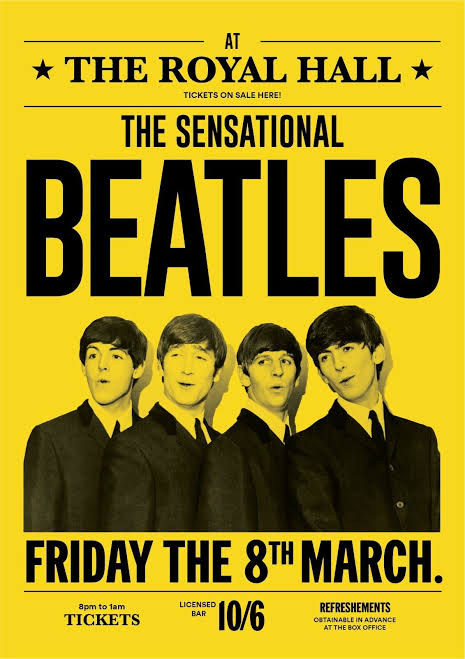The Beatles at the Gator Bowl: A Stand Against Segregation in 1964 In the summer of 1964, the Beatles were rapidly ascending into the stratosphere of global stardom. Their first American tour was more than just a string of…
The Beatles at the Gator Bowl: A Stand Against Segregation in 1964
In the summer of 1964, the Beatles were rapidly ascending into the stratosphere of global stardom. Their first American tour was more than just a string of concerts—it was a cultural revolution in motion. By the time they were scheduled to perform in Jacksonville, Florida, on September 11 at the Gator Bowl, the band was at the forefront of Beatlemania, capturing the hearts of millions across both sides of the Atlantic. But when they arrived in Jacksonville, they encountered a deeply rooted issue that they refused to ignore: racial segregation.
Setting the Stage
The year 1964 was a turbulent and transformative one in American history. The Civil Rights Movement had reached a fever pitch. In July of that year, President Lyndon B. Johnson had signed the Civil Rights Act into law, officially outlawing discrimination based on race, color, religion, sex, or national origin. Yet enforcement was slow and uneven, particularly in the American South.
Florida, while not as violently resistant as other Southern states like Alabama or Mississippi, was still very much part of the segregated landscape. Many public venues, including concert halls and stadiums, continued to enforce racially discriminatory seating arrangements, separating Black and white patrons. The Gator Bowl in Jacksonville was no exception.
The Beatles Take a Stand
When the Beatles learned that their Jacksonville concert might be segregated, they made an extraordinary move for entertainers at the time—especially foreign ones. Their manager, Brian Epstein, issued a statement declaring that the band would not perform unless the audience was fully integrated. Paul McCartney, in particular, was adamant, later stating, “We never played to segregated audiences, and we weren’t going to start now.”
This was not a spontaneous or symbolic gesture. The Beatles had included an anti-segregation clause in their performance contracts throughout their 1964 tour. In Jacksonville, their refusal to compromise forced local promoters and city officials to relent. The Beatles’ concert would go on—but it would be one of the first times the Gator Bowl hosted an integrated audience.
The Cultural Impact
This decision did not go unnoticed. The Beatles’ position drew attention both locally and nationally, particularly in African-American communities who had long been excluded from equal access to public venues. The band’s insistence on integration was a beacon of moral clarity in a divided country. At a time when many white entertainers either supported segregation or avoided taking a public stance, the Beatles used their immense popularity as leverage for social justice.
For a group of young men barely out of their early twenties—and from another country, no less—this act of defiance was bold. But it also reflected their growing awareness of the world around them. By 1964, they had


